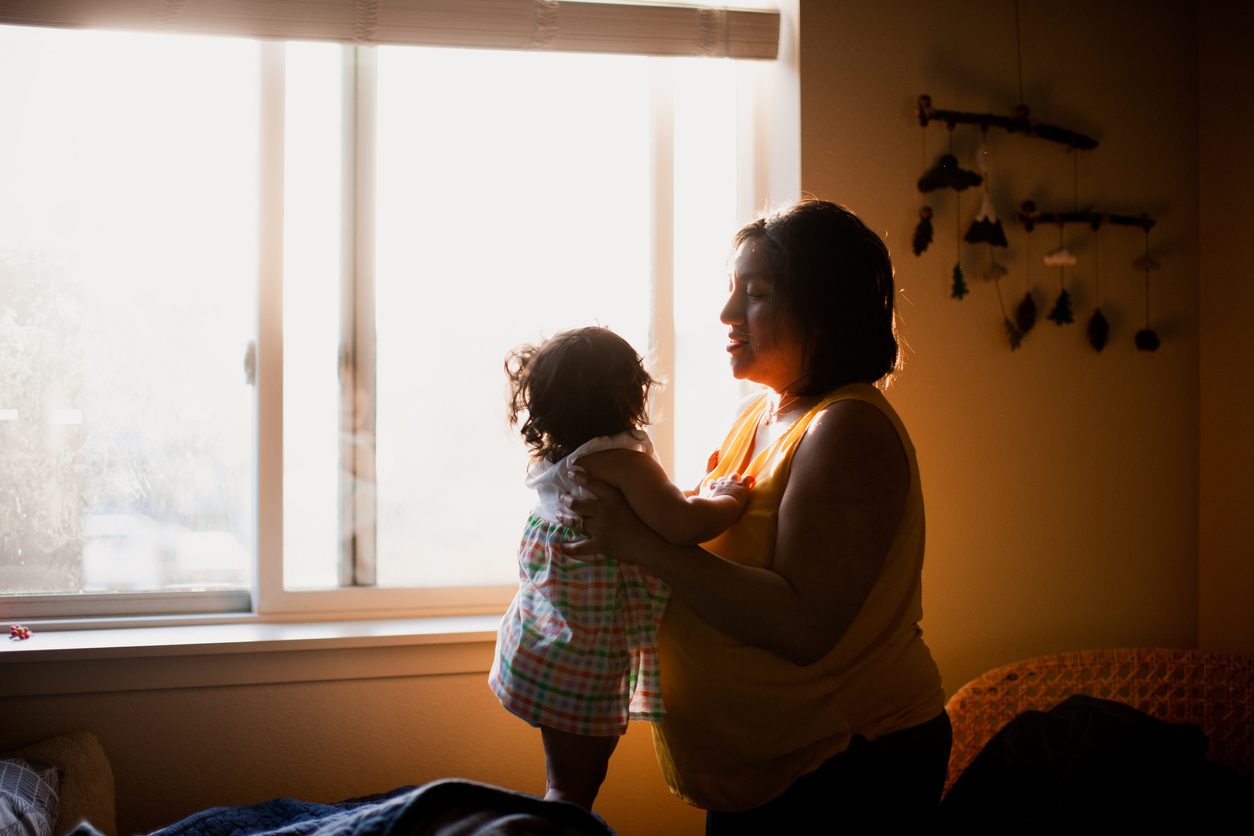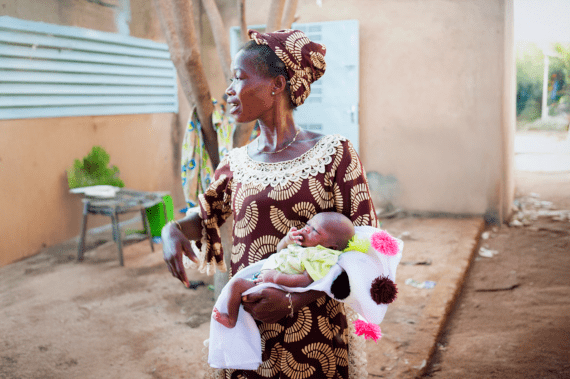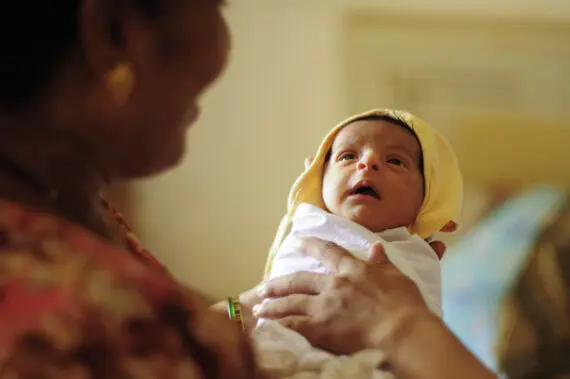While Bread for the World’s mission is to end hunger by urging our elected leaders to adopt lasting solutions to its root causes, our members also advocate for effective assistance for people who are confronting hunger and malnutrition right now.
The most recent humanitarian needs update from the World Food Programme and the Food and Agriculture Organization indicates that globally, about 45 million people are living in areas with high levels of severe hunger and malnutrition, where there is a risk that conditions will worsen to the point of famine. People on the verge of famine live in 37 countries.
Everyone deserves sufficient nutritious food, but women are more likely to be hungry than men due to gender discrimination. Good nutrition for adolescent girls and women of childbearing age is critical to their lifelong health, as well as to safe motherhood if they become pregnant.
When families, communities, and/or countries begin to face higher and higher levels of hunger and malnutrition, women who are pregnant are in a particularly vulnerable position.
Throughout history, pregnancy and childbirth were dangerous even under the best circumstances. Women in most countries still put their lives at risk to bring children into the world. Globally, the leading cause of death among adolescent females is complications of pregnancy and childbirth.
Many women begin their pregnancies underweight, suffering from micronutrient deficiencies, and/or affected by stunting caused by early childhood malnutrition. Other women may be well-nourished at the outset but later develop micronutrient deficiencies. The most common of these is iron-deficiency anemia. Anemia is a significant risk factor for hemorrhage during childbirth, which is the leading cause of maternal mortality.
The past three years have been the polar opposite of the best of circumstances: a global pandemic, combined with economic shocks in the aftermath of stay-at-home orders and other restrictions meant to slow transmission of the virus, produced deeper hunger crises in a growing number of countries. All these impacts affected the health and well-being of people who were pregnant during this time.
During the worst of the pandemic, women were at higher risk of death than men, largely because the pandemic disrupted health care before, during, and immediately after childbirth. Many pregnant women were unable to follow well-established health recommendations for pregnancy, such as supplementing their diets with vital micronutrients like iron and zinc, because they could not access and/or pay for the supplements.
The Sustainable Development Goals were adopted by nearly all countries in 2015 with a deadline of 2030. The target for maternal mortality is to reduce the global death rate to 70 per 100,000 live births. The Gates Foundation reported that even before the pandemic began, progress had been far too slow to be on track to reach the target. Its assessment is that in the wake of the pandemic, the world is certain to miss reducing maternal mortality to 70 by 2030.
The most recent data available indicates that immediately before the pandemic, the global maternal mortality rate was 144 per 100,000 live births. The Gates Foundation describes two scenarios for 2030, a “better” case with resumed and accelerated progress, which would see maternal mortality at 93 per 100,000 births, and a “worse” case with little progress, at 137 per 100,000 in 2030.
Most maternal deaths are due to lack of access to basic health care and lack of a trained attendant during childbirth rather than to complex problems that require costly treatments. The better news is that training additional midwives and supporting them to work in areas where they are most needed has the potential to prevent two-thirds of maternal deaths, and nearly as many stillbirths and newborn deaths. Meeting the need for midwives by 2035 could save an estimated 4.3 million lives every year.
As Bread for the World has long emphasized, the “1,000 Days” period from pregnancy to age 2 is the most important window for human nutrition. In a later piece, I will describe the implications of ensuring good maternal nutrition and health care for the people in the 1,000 Days who usually receive the most attention: children from birth through their second birthdays.
Michele Learner is managing editor, Policy and Research Institute, with Bread for the World.



